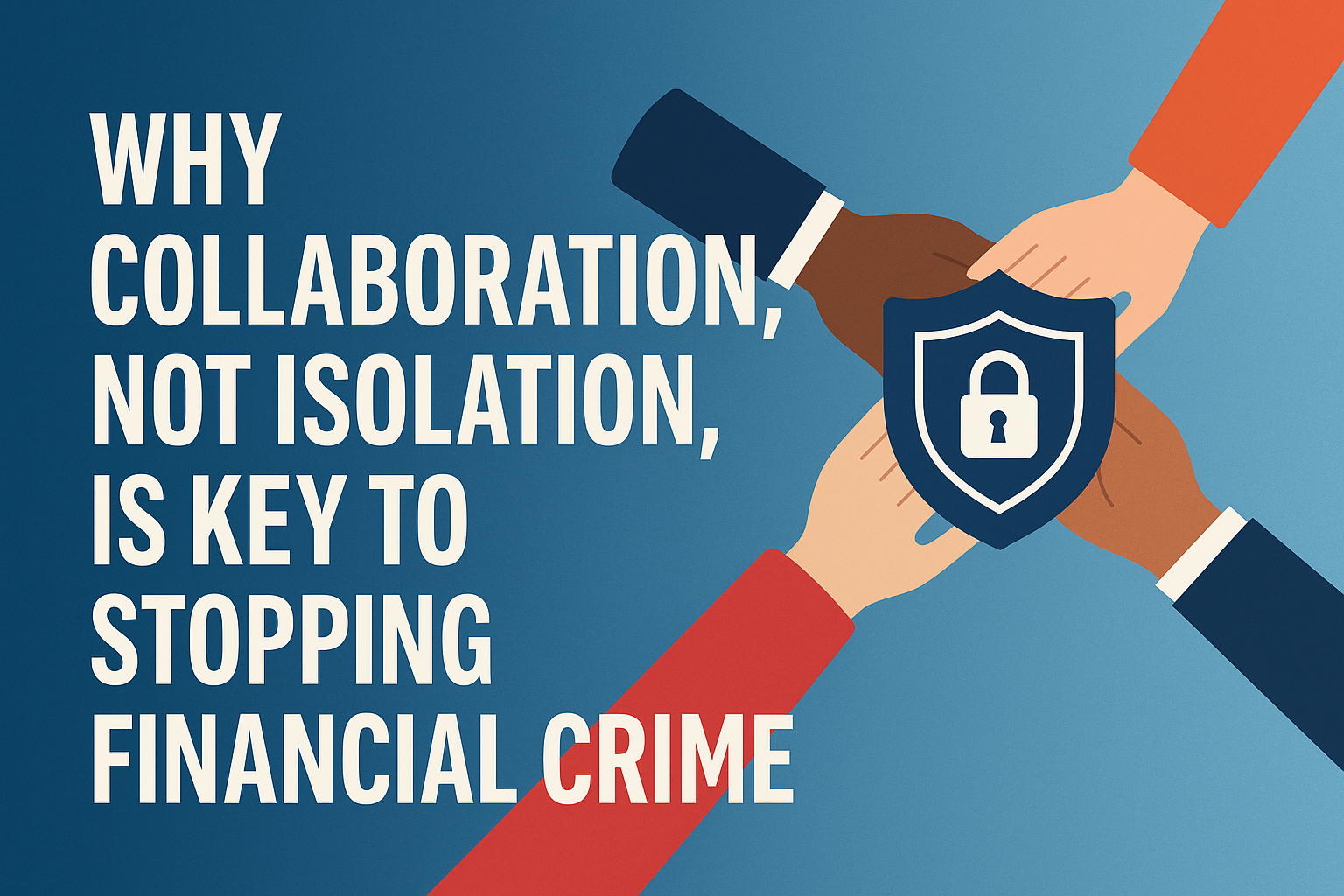While financial institutions race to adopt the latest anti-fraud tools, one truth is becoming undeniable: financial crime is no longer isolated. It is fast-moving, complex, and coordinated across multiple platforms, jurisdictions, and institutions.
And yet, most banks, FinTechs and crypto firms still respond in silos—leaving the door open for criminals to exploit the gaps, claims Salv.
The scale of the problem is significant. In Poland alone, credit fraud attempts amounted to 324.2m PLN (€75m) in 2024, according to the Polish Bank Association. Across Europe, similar scams involving multiple actors and rapid transfers make detection extremely difficult—especially when financial institutions fail to collaborate in real time.
While criminals coordinate freely, institutions often hesitate due to legal concerns and operational inertia. Many fear that sharing intelligence could violate data protection laws, result in accidentally debanking legitimate customers, or raise suspicions of tipping off. This hesitation has resulted in fragmented defences and delayed responses to financial crime.
According to Salv, a company specialising in collaborative technology for fighting financial crime, the real issue is not the absence of technology, but a lack of legal clarity and institutional trust. Over the past five years, Salv has worked with more than 100 financial institutions and numerous regulators to define and implement intelligence-sharing frameworks that meet both legal and operational standards.
Rather than rely on outdated bulk data-sharing methods, Salv enables real-time, peer-to-peer communication between institutions. This involves sharing just enough information—like red flags and typologies—to assess risk and stop fraudulent activity early, without violating customer privacy or GDPR requirements.
So, what does intelligence sharing look like in practice? It’s a structured, secure exchange of alerts between financial institutions at the suspicion phase of fraud or money laundering. Whether it’s a bank, payment processor, or virtual asset service provider, the goal is the same: notify each other early to stop scams before the money disappears for good.
Read the full post on RegTech Analyst here.
Source: https://fintech.global/





